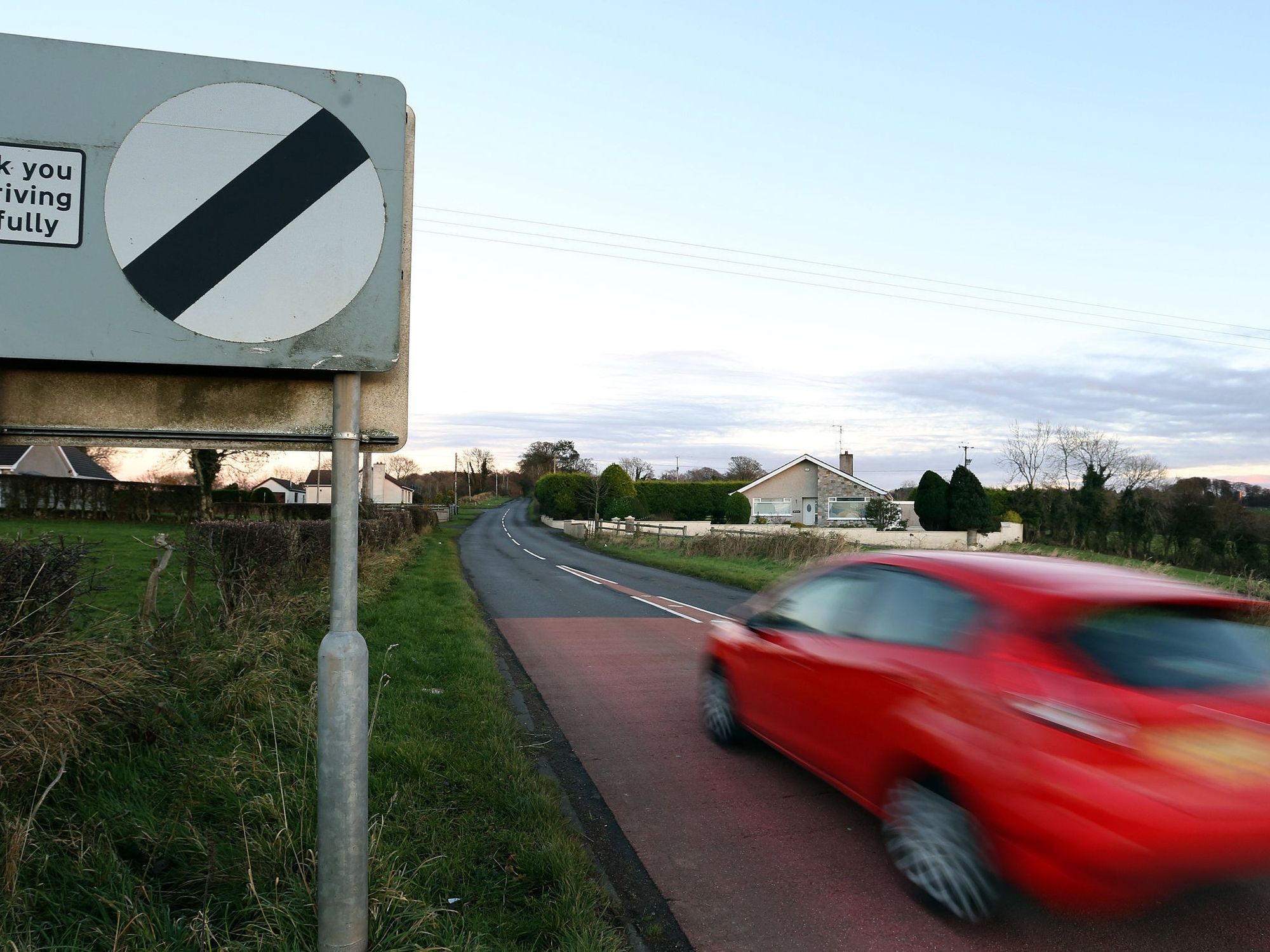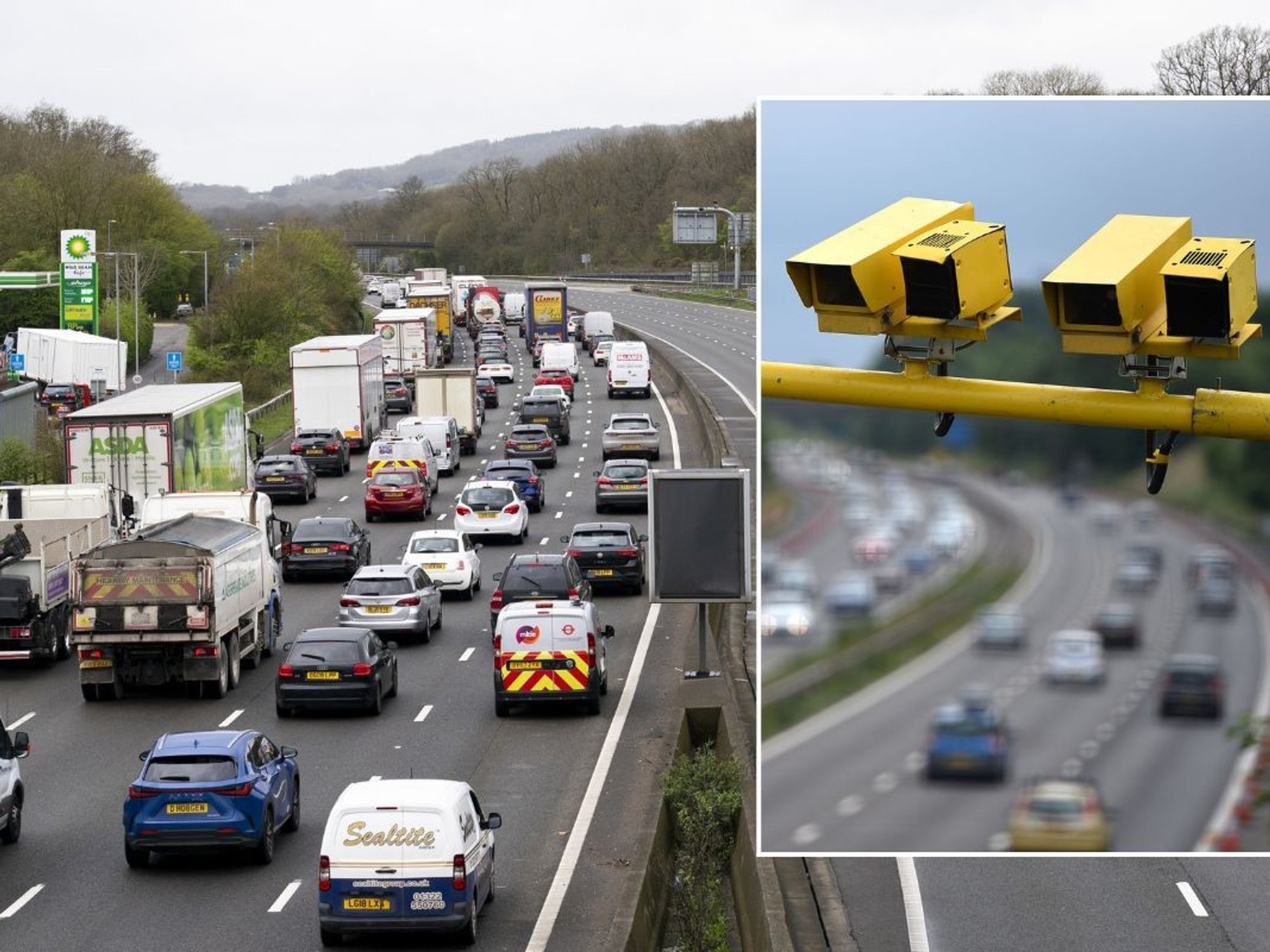Energy meter crisis: Ofgem demands action plans from suppliers as 300,000 households risk losing heating and hot water
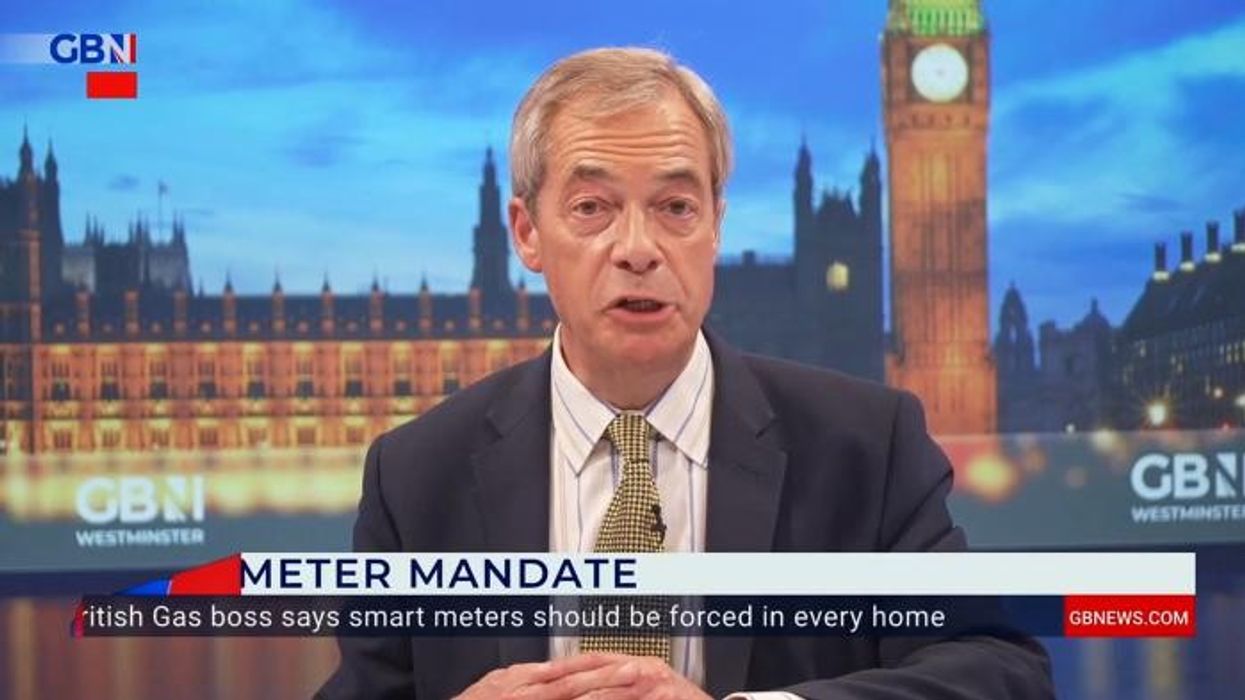
GBNEWS

With the deadline fast approaching, suppliers are under pressure to replace RTS meters before they stop working in June
Don't Miss
Most Read
Ofgem has sounded the alarm over an "urgent consumer welfare issue" that could affect over 300,000 households using old electricity meters.
These homes are at risk of losing their hot water and heating unless urgent action is taken by June 30.
The Radio Teleswitch Service (RTS), a 40-year-old technology that sends meter readings to energy suppliers via BBC Radio 4’s long-wave channel, is being phased out, leaving vulnerable customers at risk.
As the deadline looms, the End Fuel Poverty Coalition has warned of this "looming crisis," urging affected households to contact their energy suppliers immediately to arrange for a free smart meter upgrade.
Without this, customers could face disruptions in heating and higher energy bills as the key signal controlling old meters will be switched off.
To avoid disruptions Ofgem has demanded that all suppliers submit action plans to protect customers who remain on RTS meters after the phased switch-off begins.

Ofgem demands action plans from suppliers
| GETTYAn Ofgem spokesperson told This Is Money: "The RTS upgrade programme is an urgent consumer welfare issue and Ofgem is determined to explore every avenue to ensure that customers are protected when this ageing 40-year-old technology is phased out from the 30 June 2025."
The regulator has set up a task force alongside Energy UK to accelerate the meter upgrades, but with more than 1,000 RTS meters replaced daily, the pace needs to increase five-fold to meet the target.
They continued: "Ofgem has also demanded action plans from every supplier, which we are scrutinising on an ongoing basis to ensure that robust contingencies are in place to protect any customers who remain on RTS meters after the phased switch-off process begins."
Without the replacement, more than 300,000 households could be left without working heating systems or hot water.
Simon Francis, coordinator of the End Fuel Poverty Coalition, said: "With pressures on the replacement programme growing and with limited engineer availability, especially in rural areas, there's a real risk of prolonged disruption, particularly for vulnerable households."
LATEST DEVELOPMENTS:
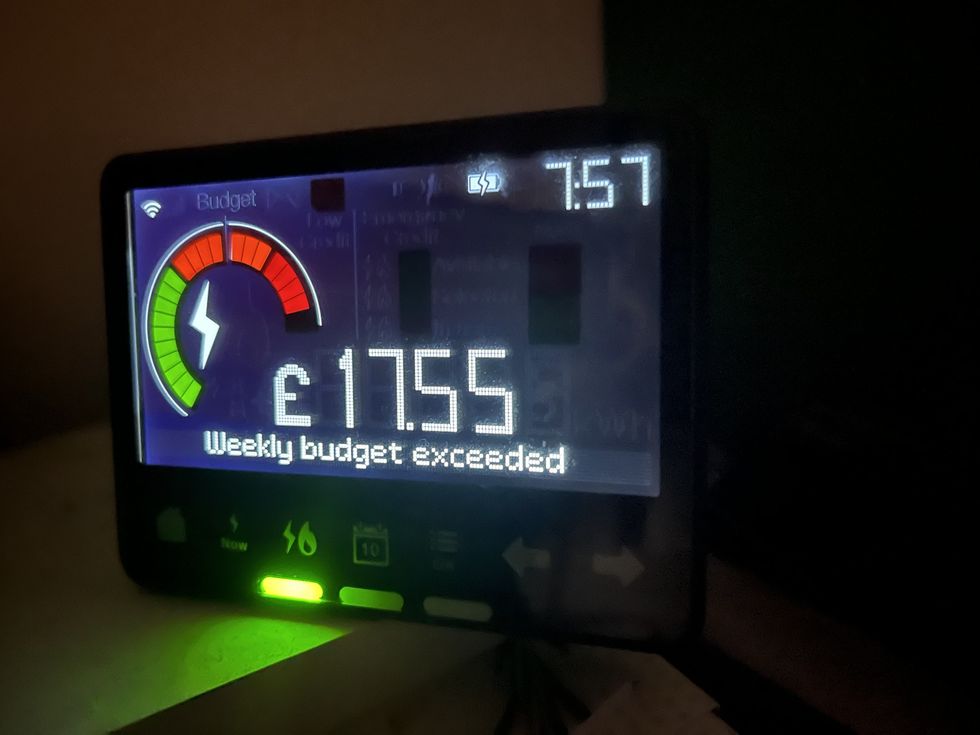 The phasing out of RTS meters is part of a broader modernisation effort in the UK's energy infrastructure | GETTY
The phasing out of RTS meters is part of a broader modernisation effort in the UK's energy infrastructure | GETTYWhat is an RTS meter?
RTS meters offer cheaper electricity rates during off-peak hours, such as Economy 7 and Economy 10, by communicating with suppliers through a BBC longwave radio channel.
They are commonly used in homes that rely on electricity for heating and hot water.
Ofgem says that the risks associated with not having a functioning meter include:
- heating and hot water may be left continually on or off
- electric storage heaters may charge at the wrong time of day, possibly leading to higher bills
- supplier may be unable to confirm your electricity usage during peak or off-peak times
- electricity costs may be higher than before
- A more limited choice of tariffs
Do I have to get smart meter?
Upgrading to a smart meter offers several benefits for energy users. In many cases, customers can maintain their existing tariff when switching to a smart meter.
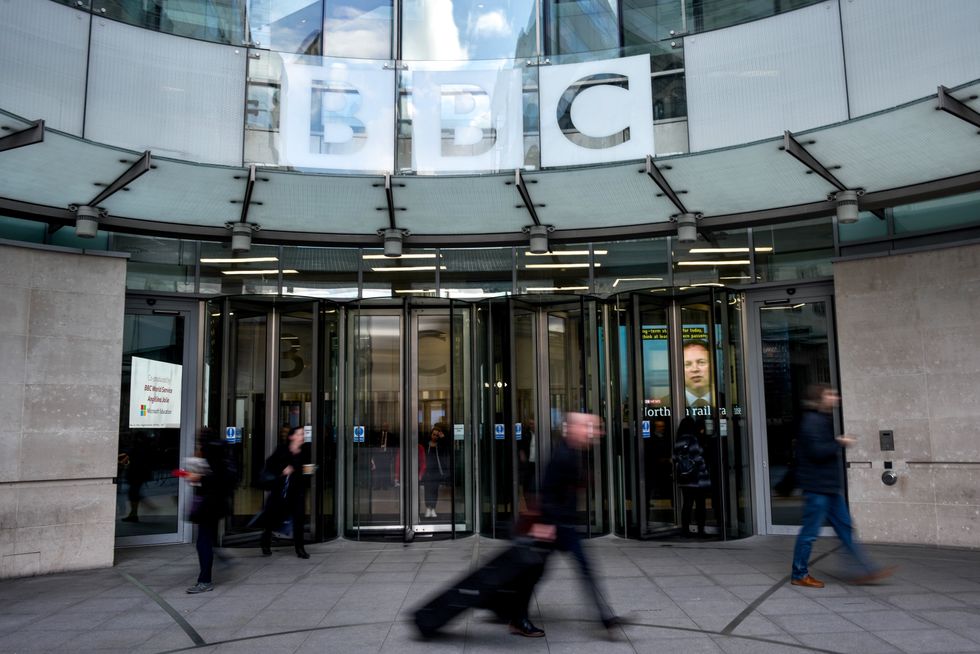 The BBC has broadcasted from the Radio Teleswitch Service (RTS) since the 1980s | GETTY
The BBC has broadcasted from the Radio Teleswitch Service (RTS) since the 1980s | GETTYUnlike traditional meters, smart meters automatically adjust when circuits switch on and off, depending on the customer’s tariff. This offers more flexibility compared to manual settings, which are fixed and may require a tariff change.
With a smart meter installed, users will benefit from more accurate energy bills, better control over energy usage, and access to money-saving initiatives.
For those unable or unwilling to get a smart meter, it’s important to note that if they are using an RTS meter, it still needs to be replaced.
Once the RTS system is phased out, meters will no longer be able to switch between rates correctly, especially for customers on Economy 7 or similar tariffs.
In such cases, customers should contact their energy supplier to discuss available options. Suppliers may offer to install smart meter technology while disabling the communication function, so the meter won’t automatically send readings but will still function like a traditional meter.








